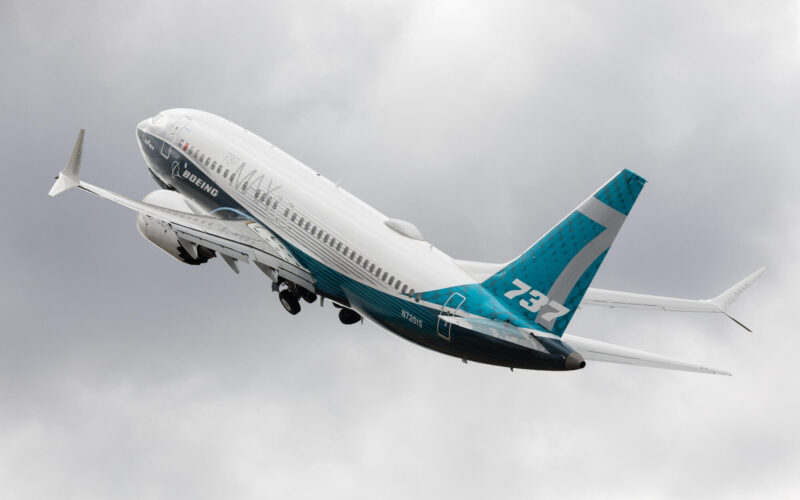After declining to add a deadline extension for Boeing to fit new safety systems on the 737 MAX-7 and MAX-10 to the latest annual spending bill, United States lawmakers have quashed the manufacturer’s hopes of continuing with certification of the aircraft type. If nothing changes, Boeing will have to make changes to the Angle of Attack (AoA) monitoring system, as well as the flight crew alerting system before the two aircraft can be certified.
For Boeing, this means that if nothing changes, the 737 MAX-7 and 737 MAX-10 will be different from the already-flying 737 MAX-8 and 737 MAX-9. The change will be related to the aircraft’s AoA system, as well as the ability for flight crews to turn off erroneous warnings, such as the stick shaker, which warns pilots that the aircraft might potentially stall.
Hopes in the defense spending bill
Proposals were discussed to provide Boeing with a no-strings-attached deadline extension together with the National Defense Authorization Act (NDAA), a bill that “authorizes Department of Defense (DOD) activities for FY2023 and addresses other issues”, per Congress’ definition.
Several Republican lawmakers, including Mitch McConnell of Kentucky and Sam Graves of Missouri, the latter of whom could serve as the head of the House Committee on Transportation and Infrastructure from January 2023, pushed for a deadline extension without mandating any retrofits to any of the 737 MAX aircraft. However, Senator Maria Cantwell was of another opinion. The Senator from Washington State introduced a bill that would eliminate any timeline but still force Boeing to adjust the AoA system, as well as flight crew alerting systems onboard the latest generation of the 737.
While there is still a chance that the bill could include exemptions, as Boeing is lobbying for that to happen, the ongoing issue might be pushed into 2023, according to sources close to the matter, as reported by Reuters.
As a result, the 737 MAX-7 and 737 MAX-10 would have to be first certified and then retrofitted with the new systems to be in accordance with the Aircraft Certification, Safety, and Accountability Act (ACSAA).
The European Union Aviation Safety Agency (EASA) has indicated that it could make it mandatory for Boeing to fit these systems in order for the aircraft to be certified in Europe, even if the manufacturer made these retrofits an available option for its airline customers.

